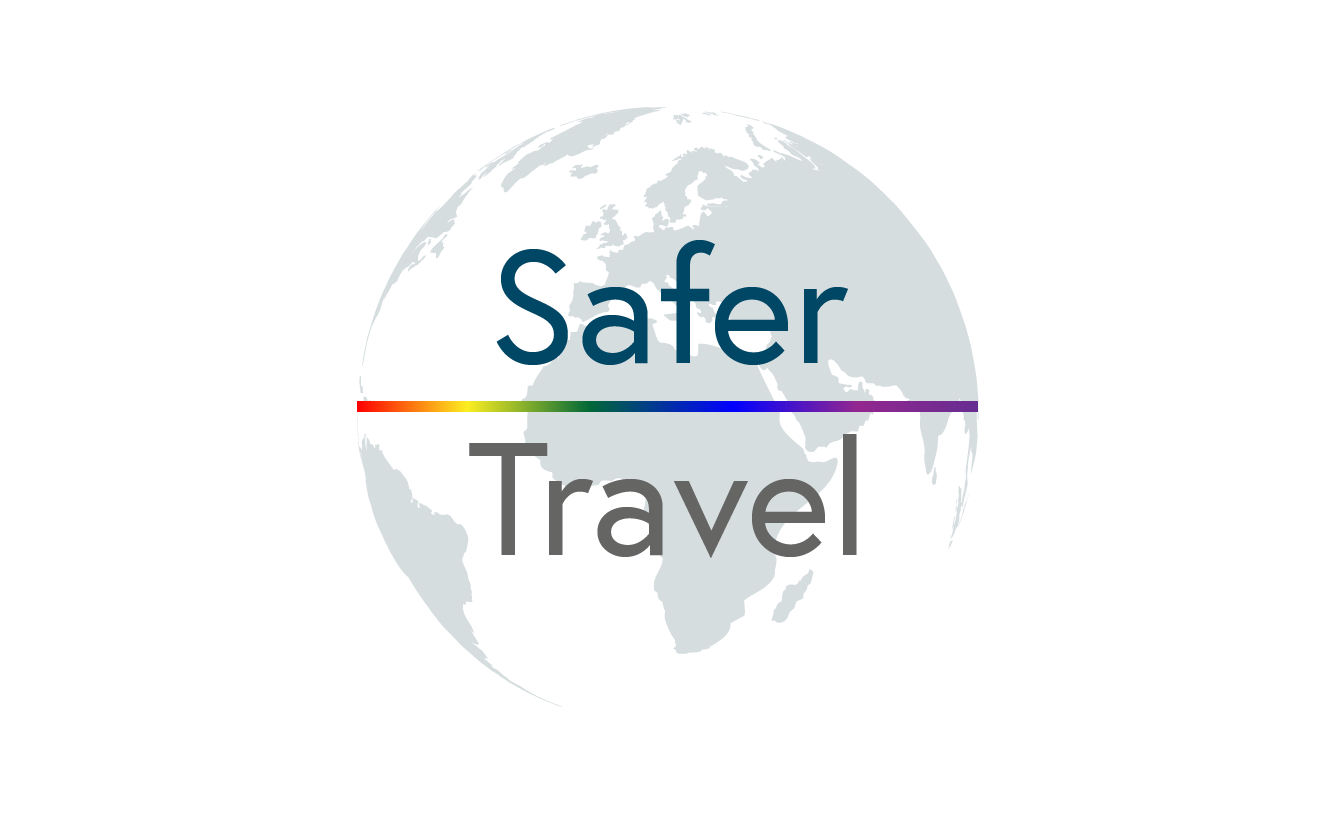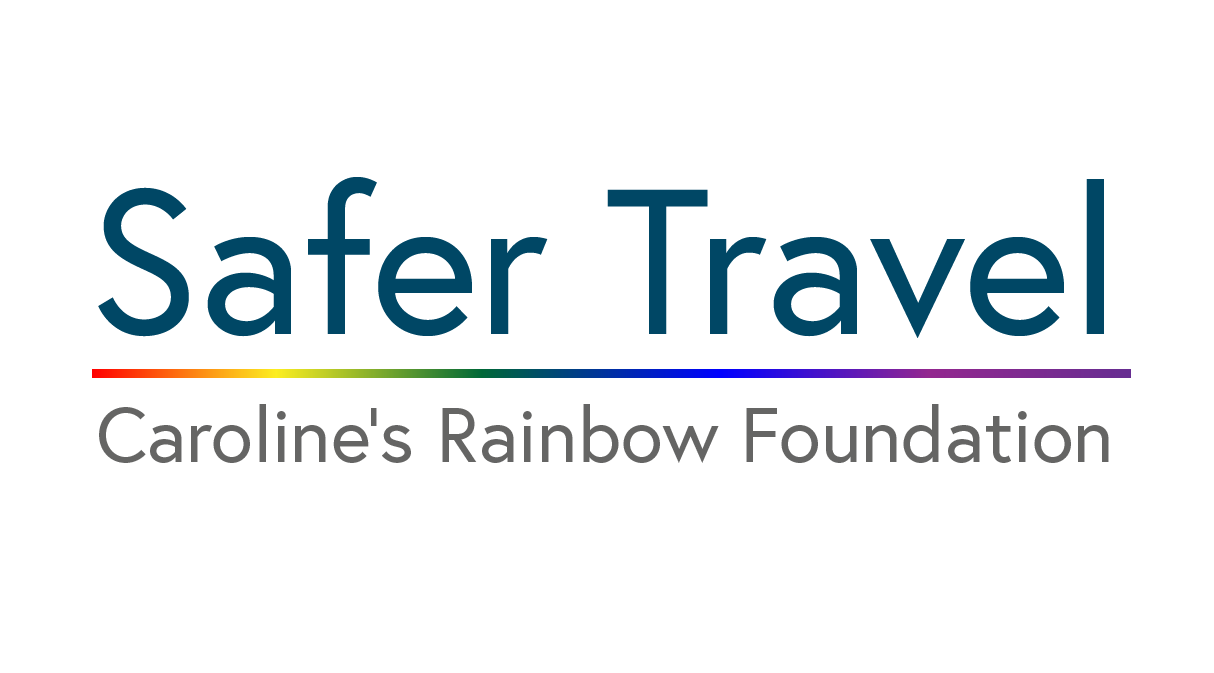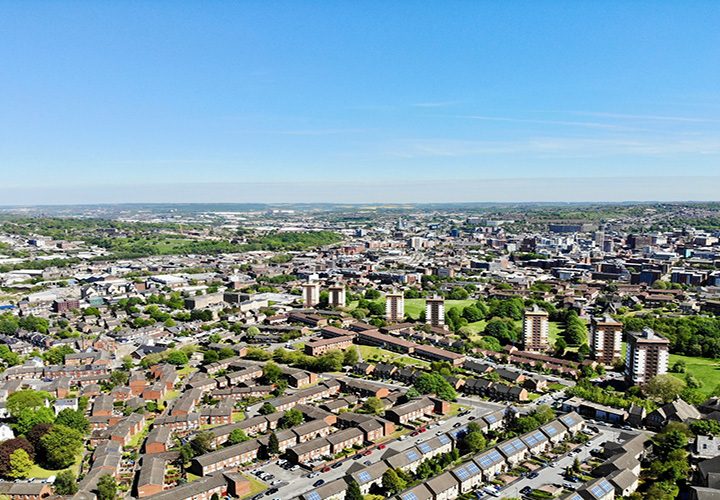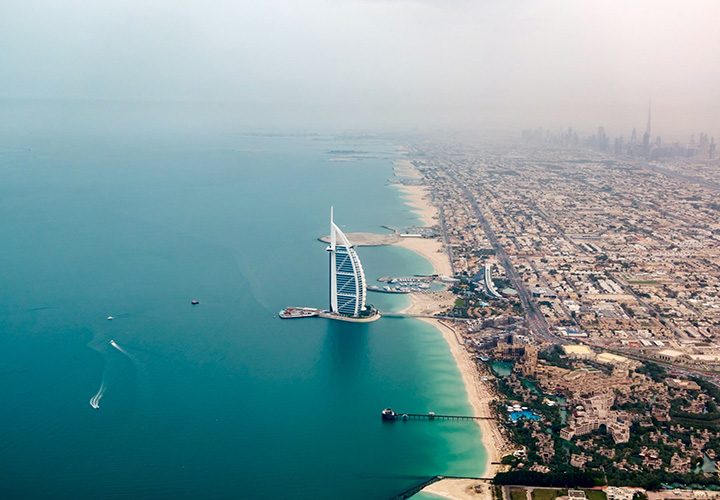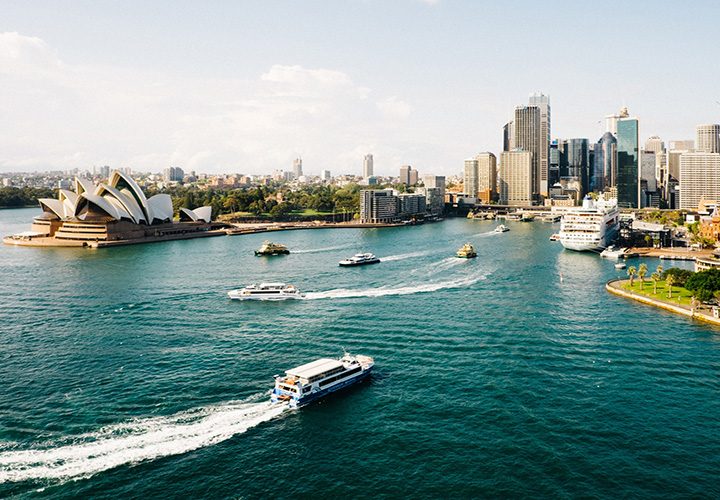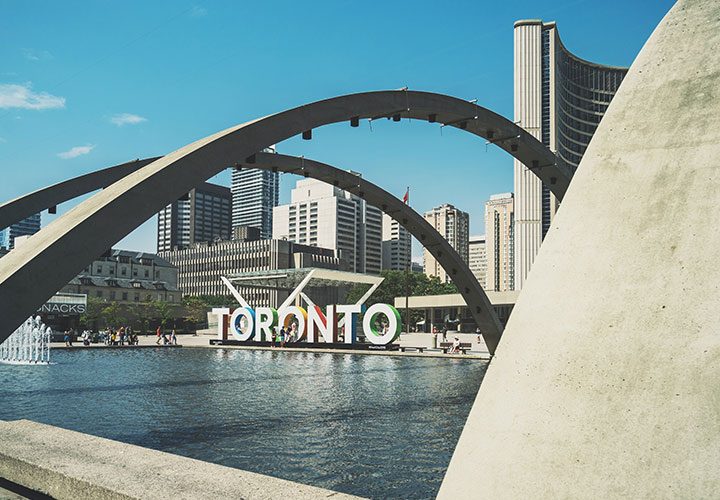The ‘Love is Not Tourism’ Movement and the Reality of Quarantine Hotels
There are people who have still needed to travel this past year, despite the pandemic. When this idea is discussed on the news or debated online, we imagine this necessary travel as a nondescript businessman or someone else very official-looking, who have to do their jobs in person. However, there is a much more relatable aspect of this scenario.
Jacob Taylor and Sarah Campbell were supposed to get married in the summer of 2020. They were a long distance couple, Jacob lived in England whilst Sarah hailed from Canada, and the wedding was to be in Durham. The pandemic hit, and everything stopped. Sarah and her family could not leave Canada, the wedding was postponed and they waited for restrictions to lift. Many other people found themselves in similar scenarios: spouses and fiancés stuck in different countries and families divided as restrictions changed, sometimes with very little warning.
Jacob and Sarah’s story
The ‘Love Is Not Tourism’ movement was spawned from the desire to travel and to reunite people who had been caught out by the suddenness of COVID-19 restrictions. Jacob and Sarah, amongst others, wrote letters to their governments. They would follow all guidelines and somewhere was set up for them to safety isolate for fourteen days. Their letter read this is not a holiday, this is my future wife/husband, please can I have a visa? For others, these letters said please can I come home or I need to see my dying relative.
Jacob and Sarah’s situation escalated as Sarah found a lump on her neck. After getting it checked out, they learned that it was cancer. By now, married couples could apply to travel to be reunited, but fiancés did not make the cut as they were classified as ‘extended family’. Jacob and Sarah petitioned even more, she had to undergo a full thyroidectomy and be treated with radioactive iodine after. Jacob wanted to go to Canada to support his future wife – it was the hardest thing either of them had to do.
In August, Sarah’s surgery was a success. They also had some media interest in their story. A young couple, wedding cancelled, divided by an ocean and now she had cancer – you couldn’t write this stuff. They repeated the same message in every interview: “we just want to be together and will follow all rules necessary to safely do that.” This was and still is the message of the Love Is Not Tourism movement.
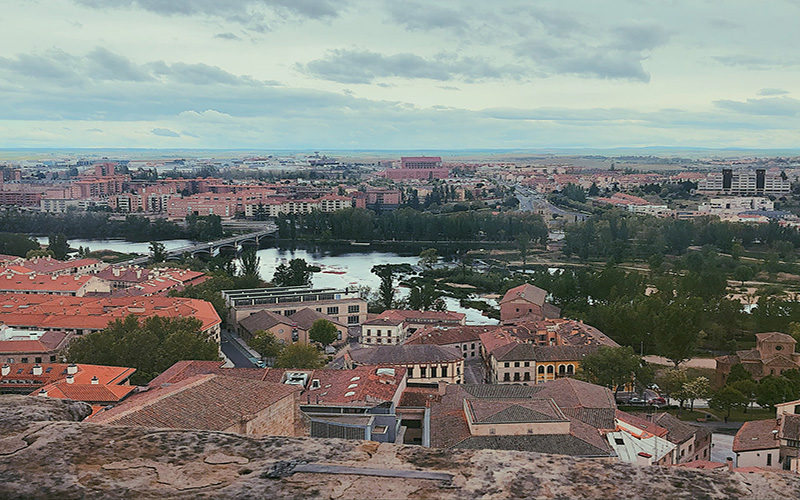
Hope on the horizon
In early October, the Canadian government announced they were going to review their travel restrictions. They changed it so that circumstances, such as Jacob and Sarah’s, were sufficient to warrant travel. Jacob completed the paperwork and was on that plane the following week. After isolating in Sarah’s parents’ basement for 14 days, Jacob and Sarah were together. They had a small socially distanced wedding. It was live-streamed so everyone who couldn’t be there could still watch.
It’s now March 2021, they are happily living together in England and Sarah’s treatment is going well. They are still active within the Love Is Not Tourism movement. The movement supported them in their time of need and they continue to repay that. Sarah can be seen in discussions on social media, spreading awareness of current travel issues faced by people in similar circumstances. The current prominent issue is the conditions in ‘quarantine hotels.’
Australia has been doing exceptionally well with how it is handling the pandemic and this is partly to do with the success of its quarantine hotels. Only allowing residents back into the country, travellers must remain in a (typically city-based) hotel for 14 days before being allowed to return home. Unfortunately, there have still been some issues. There have been cases of guards catching COVID from simply walking down corridors in which particles are airborne. Hotel workers have brought the disease home with them, despite extreme caution and regular testing. The idea works to an extent, but there are still gaps in safety.
The reality of the situation
Looking at pricing in Australia, New Zealand, Canada and the UK, 14 days in a quarantine hotel can vary – with multiple family members remaining in one room creating a discount. However, it ultimately costs a minimum of £1300 and can range to over £2000. And what do travellers get for this price? Well that varies too. Some people report boring, but ultimately reasonable stays, whilst others tell of disgusting hotel rooms and sub-par food. Social media has been dotted with pictures of unappetising meals with words like ‘cold’ and ‘hours late’ being common descriptors.
However, for some, it gets worse. Particularly in Canadian quarantine hotels, security has been problematic. Sarah herself has retweeted a video of a hotel door failing to lock correctly, much to its inhabitant’s dismay. There has even been a case of sexual assault, one woman had another traveller (who has since been arrested) force himself into her room in Quebec. Different hotels are of different quality and these issues have been hotly debated within the Canadian government.
We are still a little far from expecting to be able to travel abroad for holidays but, for some, they still need to make the trip. Quarantine hotels are a great idea in theory, but so far their results are mixed. Sarah is just glad that Jacob could isolate safely in her parent’s basement, rather than in taking the “expensive gamble” that most Canadian travellers must at the moment.
Do you think that they are a good idea? Do you think that they are working? Do you think there are any better ways to implement necessary travel? Let us know what you think, and be sure to check out our travel guide for 2021 and beyond here.
Written by Beth Percy.
